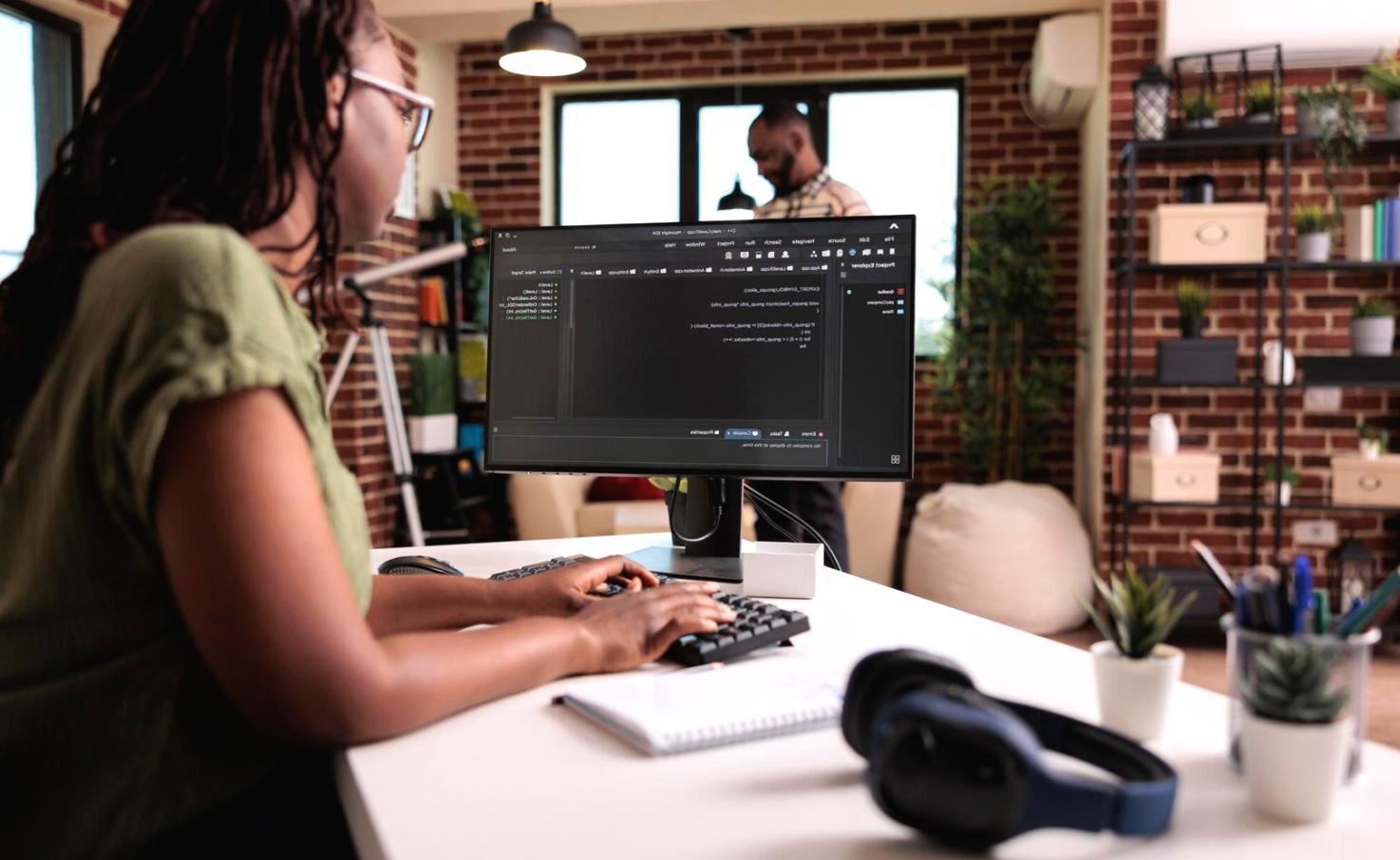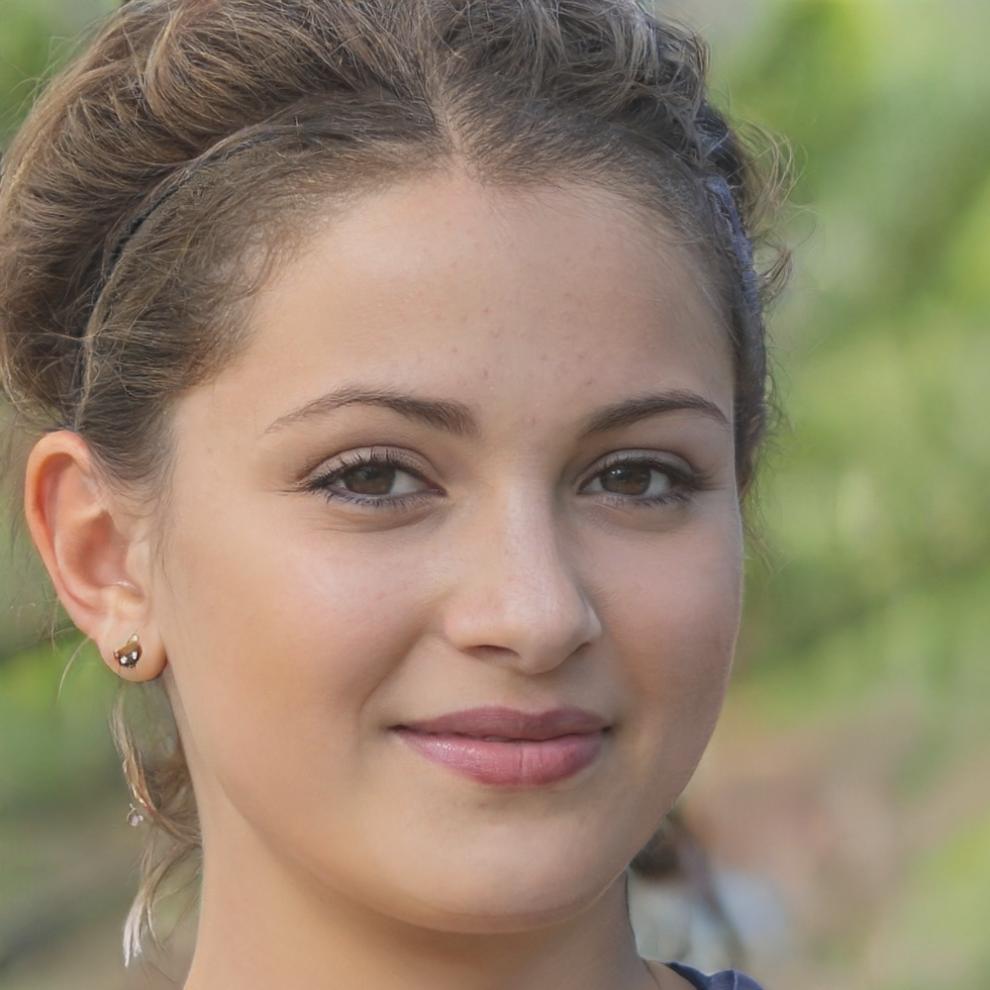Build Vision Systems That Actually Work
Most computer vision courses teach theory. We teach you how to ship working systems. Real datasets. Real problems. Real projects you can show employers in Taiwan's growing tech market.
View Program Details
Questions People Actually Ask
Do I need a PhD in math?
Not even close. If you can code in Python and remember high school algebra, you're fine. We focus on practical implementation—the kind of CV work companies actually need done.
What if I get stuck on something?
You'll get stuck. Everyone does. That's why we have office hours twice a week and a Discord where both instructors and other students help debug. Most questions get answered within an hour.
Will this help me find work?
We can't promise you a job—nobody can. But you'll finish with portfolio projects that demonstrate actual skills. Several graduates have landed roles at Taiwan tech companies within a few months.

I'd been watching YouTube tutorials for months and getting nowhere. This program forced me to build real things. My detection system still isn't perfect, but it works. That's what employers want to see—something that actually runs.



What You'll Actually Build
Object Detection Pipeline
Train a YOLO model on custom data. Not a pre-trained model on cats—your own dataset for a problem you choose. Debug it when it fails. Make it run faster.
Image Segmentation System
Build a segmentation model that separates objects from backgrounds. You'll learn why your masks look terrible at first and how to fix them through data augmentation and model tuning.
Real-Time Processing
Take your trained model and make it process video in real time. This is where theory meets hardware limitations. You'll optimize, profile, and probably curse at frame rates.

Learn From Someone Who Ships Code
Dr. Siiri Korhonen spent six years building computer vision systems for manufacturing inspection. She's debugged more broken pipelines than she can count. Now she teaches others how to avoid the mistakes that cost her weeks of work.
The next cohort starts September 2025. Classes run for 16 weeks with evening sessions that fit around work schedules. You'll need about 10 hours per week for assignments and project work.
This isn't easy. Some people drop out. But if you stick with it, you'll finish with skills that transfer directly to actual CV engineering work.
Check Upcoming Sessions